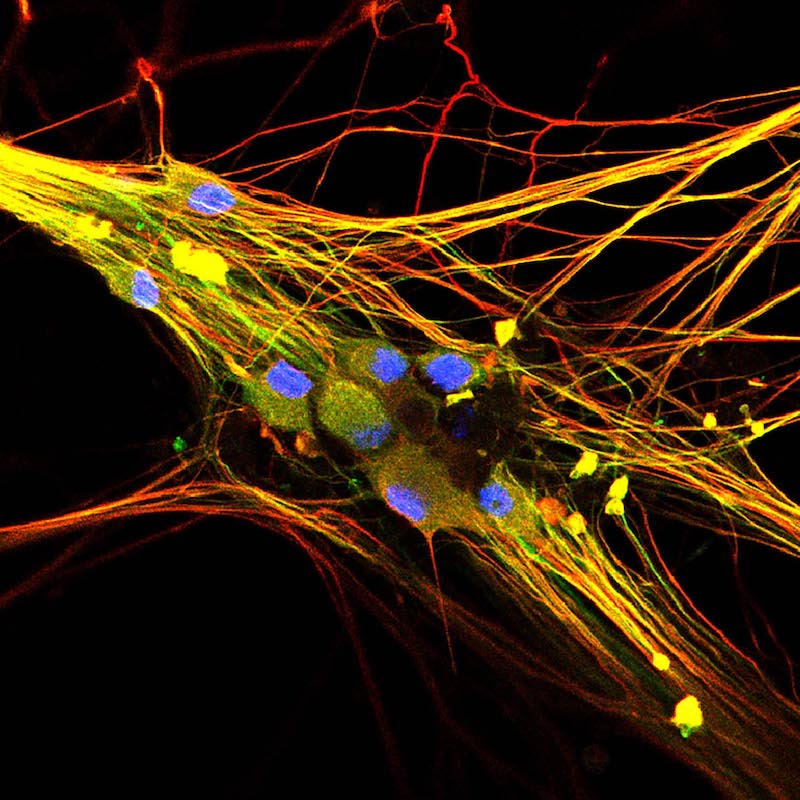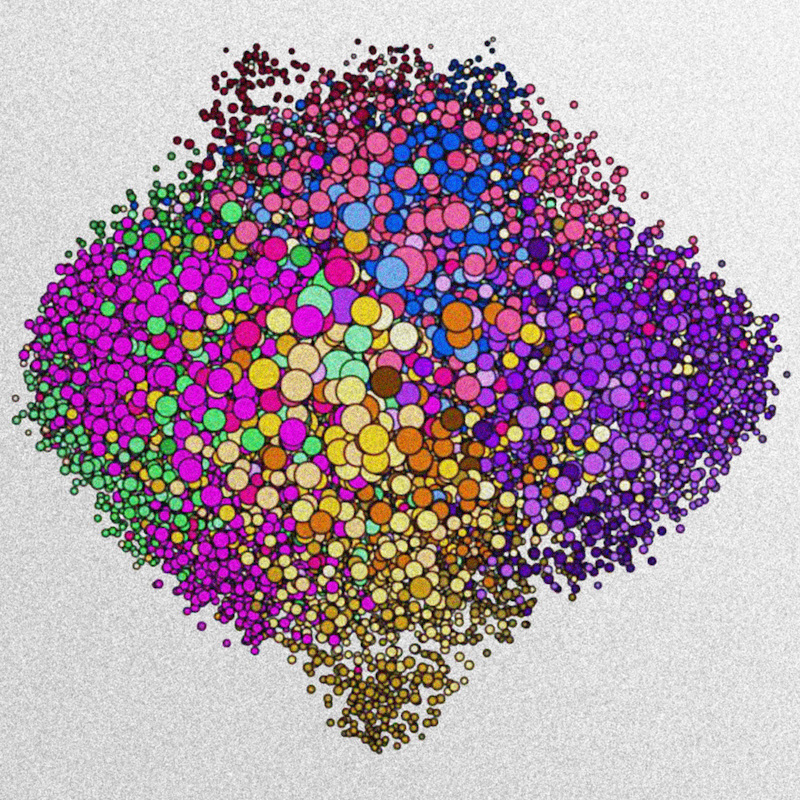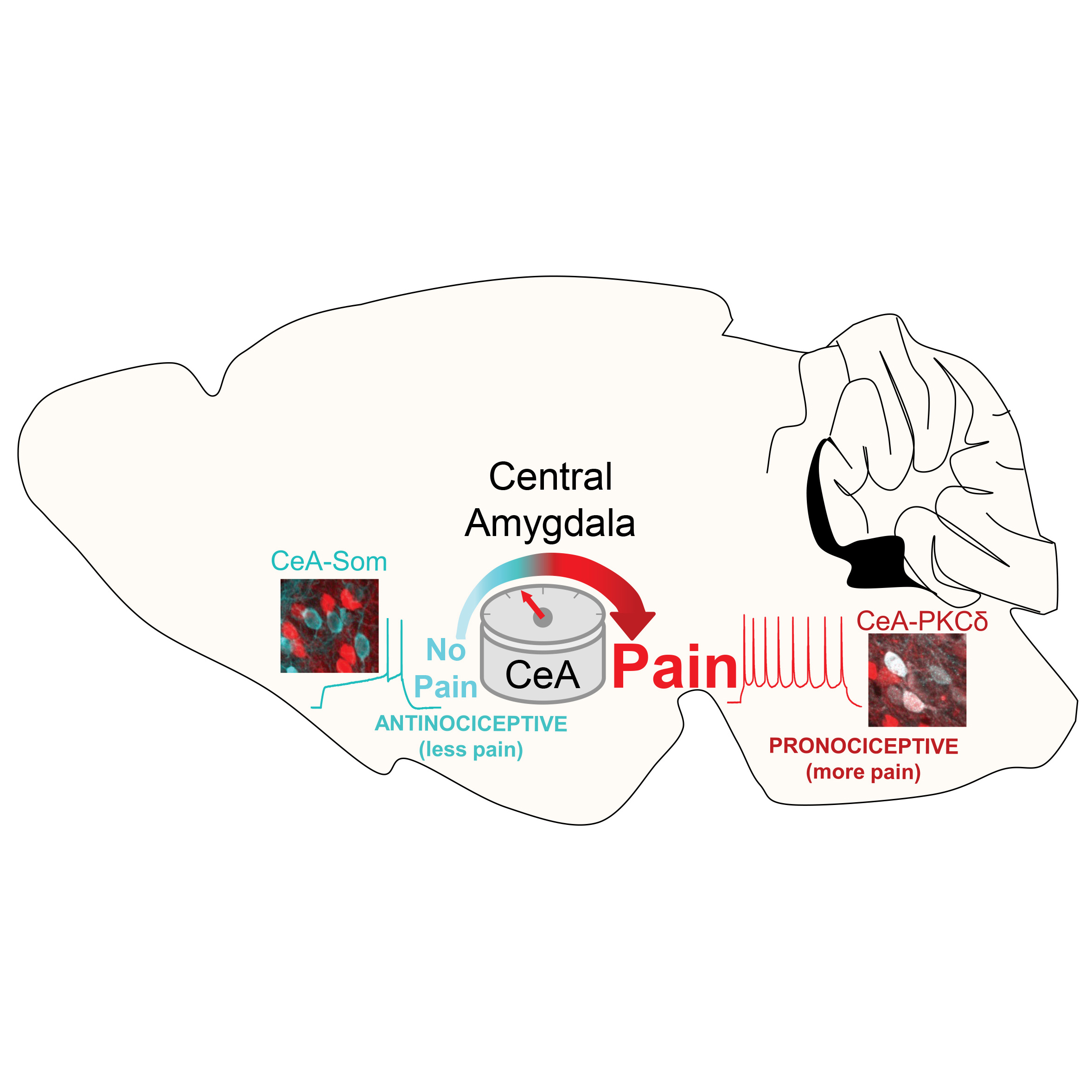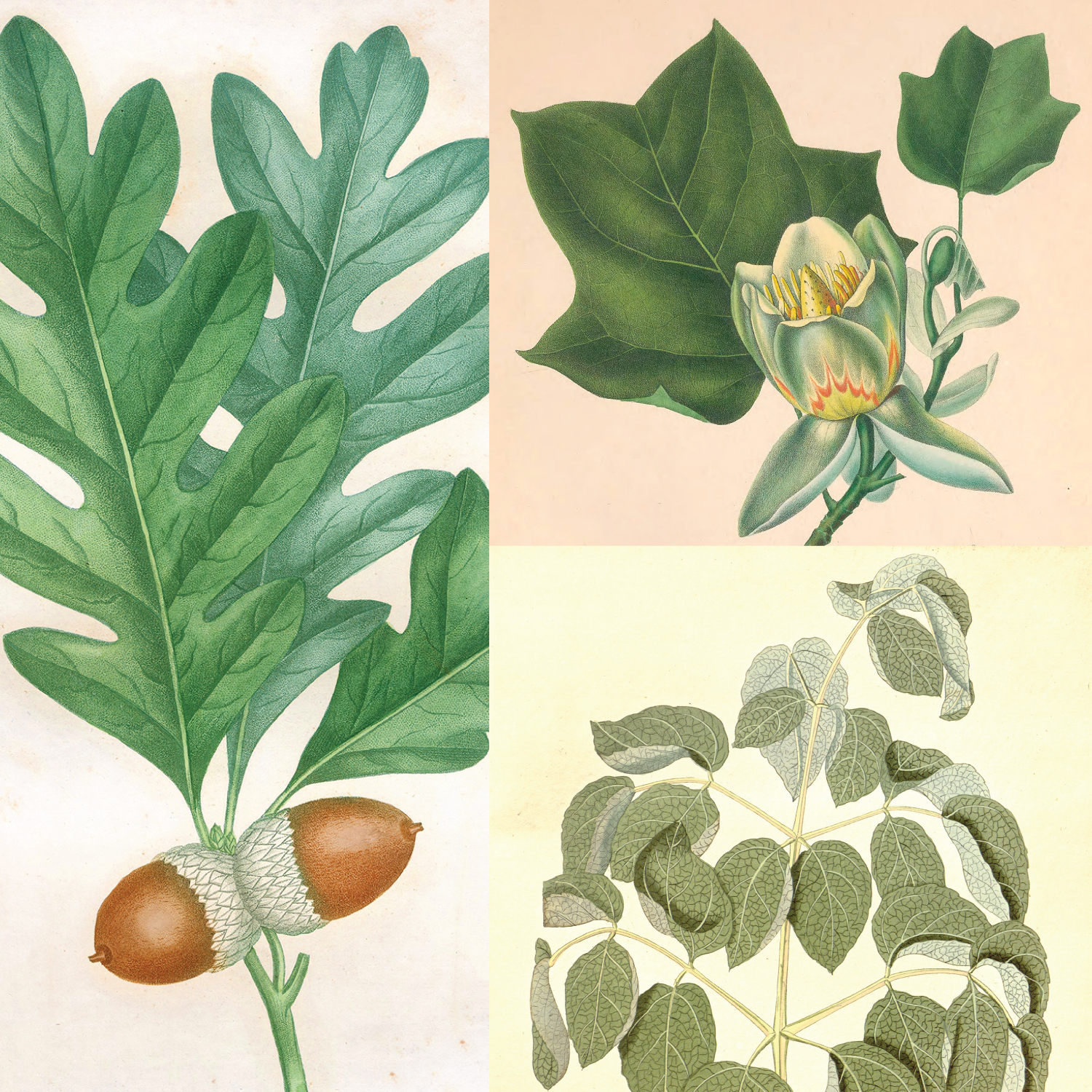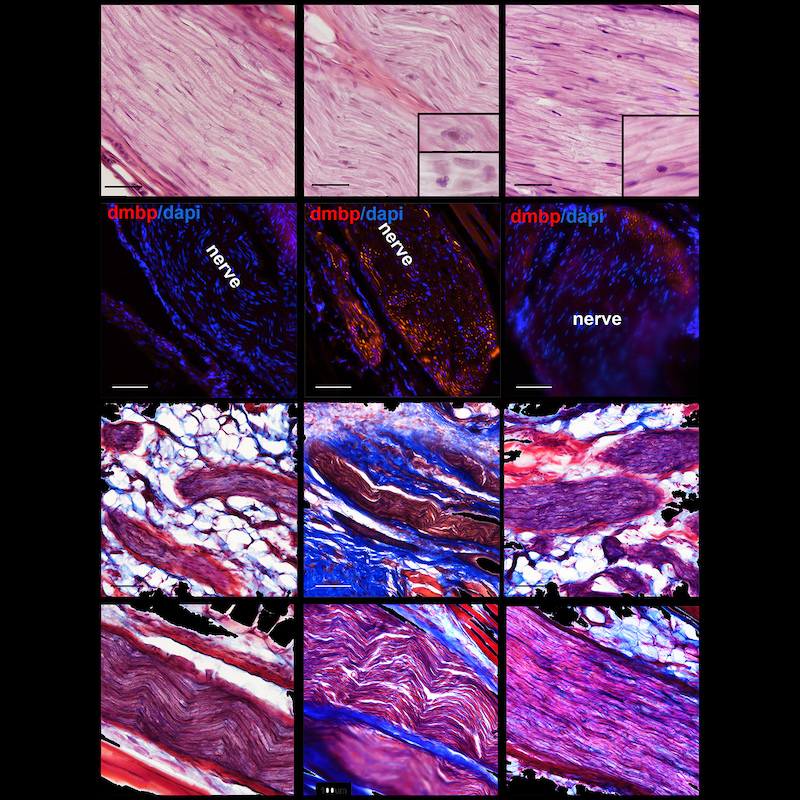Selected Research Results
Research spotlights of selected studies are shown below. For a full list of published NCCIH Research to-date, see PubMed.
Spotlights for 2019
Stem Cell Technology Helps Scientists Generate a Previously Unknown Type of Sensory Neuron
Humans may have a special type of sensory nerve cell that senses both cold and mechanical force, new research involving stem cells shows.
December 2019
Using Twitter To Learn About Patient-Provider Communication on Pain
This new study sheds light on how pain patients and health care providers interact on Twitter.
December 2019
Study Explores Clinical Management of New Cases of Musculoskeletal Pain
Contrary to practice guidelines, many patients are initially prescribed opioids for a new chronic musculoskeletal pain problem.
December 2019
Nerve Cells in Mouse GI Tract Defend Against Infection
NCCIH-supported research identifies two mechanisms by which GI tract nerve cells defend against Salmonella bacteria.
December 2019
Analysis of Data Gives Insight Into Complementary Health Recommendations From U.S. Physicians
Research shows more than half of office-based physicians recommend at least one complementary health approach to their patients, and female physicians recommended every complementary health approach at a higher rate than male physicians except for chiropractic and osteopathic manipulation.
November 2019
Study Explains How the Amygdala Regulates Pain
Study explores the previously unknown role of the central amygdala (region of the brain associated with emotional processes) in upgrading and downgrading pain signals in the brain.
October 2019
Rat Study Suggests Dietary Polyphenol Supplementation Has Potential To Relieve Intervertebral Disc Degeneration Pain
Rat study findings suggest that dietary supplementation with polyphenols (naturally occurring compounds found in plant-derived foods) may ease back pain associated with intervertebral disc (IVD) degeneration.
October 2019
Access to Chiropractors May Reduce Medical Spending for Older Adults’ Spine-Related Services
Results of a new NCCIH-supported study suggest that older adults’ access to chiropractic care may reduce medical spending on services for spine conditions.
August 2019
Mindfulness-Oriented Recovery Enhancement (MORE) May Reduce Opioid Cravings and Chronic Pain
Study results suggest mindfulness-oriented recovery enhancement (MORE) may be a useful nondrug complementary treatment for people with opioid use disorder and chronic pain in methadone maintenance therapy.
August 2019
Pain Signals May Travel as Fast as Touch Signals in Human Nerve Cells
Pain signals may travel as speedily as touch signals in human peripheral nerves. This discovery has implications for understanding the mechanisms of human pain.
July 2019
Researchers Develop Improved Methods of Noninvasive Mind Control of a Robotic Arm
Researchers funded in part by NCCIH have developed improved methods for mind control of a robotic arm that can continuously track and follow a randomly moving target.
June 2019
Human Microbiome Project Sheds Light on How Humans and Microbes Interact
Results from three studies published recently in the Nature family of journals examine how humans and microbes interact and how these interactions relate to human health.
May 2019
Civil War Plant Medicines Inhibit Multidrug-Resistant Wound Bacteria
Plants recommended as medicines during the Civil War inhibit dangerous antibiotic-resistant wound bacteria
May 2019
Analysis Points to Maldistribution of Primary Healthcare Providers Across Nation
An analysis of data suggests that the primary care workforce is unequally distributed across the nation.
April 2019
Modeled Manual Therapy May Protect Against Repetitive Motion Pain, Rat Study Suggests
Results of a recently published rat study suggest that 3 weeks of modeled manual therapy (MMT) largely prevented the physiological processes and pain that often accompany a repetitive motion injury.
March 2019
Genetics May Be a Factor in African-American Cigarette Preferences
New NCCIH-funded research suggests genetic factors drive African American preference for mentholated cigarettes.
February 2019
New Analysis Finds Increases in Non-Cancer Pain Prevalence and Opioid Use for Non-Cancer Pain Management Among U.S. Adults, Despite Decreases in Pain-Related Health Care Visits
Between combined years 1997/1998 and 2013/2014, the number of U.S. adults experiencing non-cancer pain increased by 25 percent, and yet during this same period there was a decrease in visits to health care providers for pain, a small decrease in prescription pain medications overall, but a large increase in the use of opioids, especially strong opioids.
February 2019
